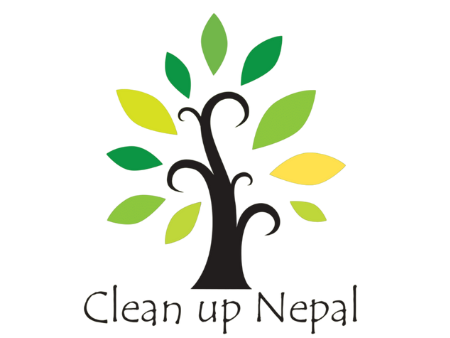Child Protection
The cross-cutting area of "Child Protection" within CLEAN UP NEPAL's commitment to creating a
safe and nurturing environment for the youngest members of society. CLEAN UP NEPAL
recognizes that children are particularly vulnerable to environmental hazards, including those
related to waste management and water access. This thematic area highlights the importance of
safeguarding the rights and well-being of children in all of its programs and initiatives.
Children are uniquely susceptible to the impacts of environmental hazards such as pollution,
inadequate sanitation, and waterborne diseases. Their developing immune systems and smaller
bodies make them more prone to health risks. CLEAN UP NEPAL acknowledges these
vulnerabilities and actively works to minimize risks by advocating for clean and safe
environments, improved waste management, and access to potable water. Through child-
focused programs, the organization ensures that the youngest members of the community can
grow and thrive in a healthy and safe environment.
CLEAN UP NEPAL believes in the active engagement of children in environmental conservation
and waste management efforts. This approach not only instills a sense of responsibility but also
provides valuable learning experiences. Child participation can involve educational programs,
hands-on activities, and awareness campaigns tailored to the specific needs and interests of
young people. By involving children, CLEAN UP NEPAL fosters a sense of ownership and
commitment to environmental sustainability from an early age.
Beyond its own programs, CLEAN UP NEPAL is likely involved in advocacy efforts to promote
child protection and environmental rights at local, national, and international levels. This can
include supporting policies and initiatives that prioritize children's access to clean water,
sanitation facilities, and a safe living environment. Advocacy for child protection within
environmental and waste management contexts is essential to driving systemic change.
CLEAN UP NEPAL recognizes that child protection is intrinsically linked to the well-being of
families and communities. By improving waste management, access to clean water, and
environmental conditions for all, the organization indirectly contributes to child protection.
Engaging families and communities in these efforts ensures that children are surrounded by
supportive and nurturing environments.
